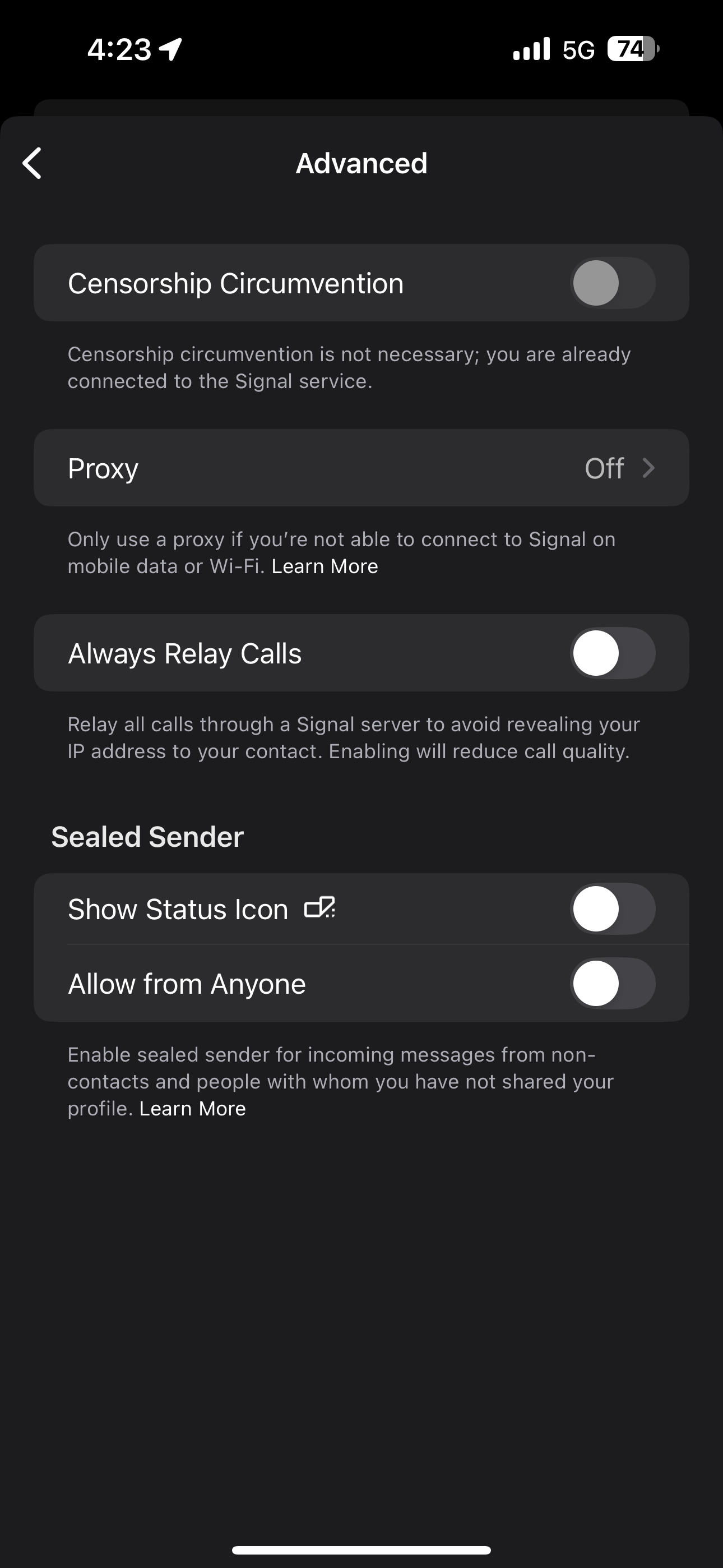

Surely at some point this would run foul of defamation laws (Australia’s ones can be brutal under the right circumstances). I kinda get wanting to let AIs have a bit of leniency by you then hit the obvious problem of people just hiding behind AIs when they want to make a defamatory claim or just don’t care about being accurate and then blame the AI. Especially with claims like this which if spread, can cause serious reputational harm or even death.















I generally get the reasoning behind the whole martyr thing but it just doesn’t work in this case. The individual is 1) in the country where the Nazis came to power in the first place, 2) is a member of parliament, 3) has now demonstrated that they wish to bring back the ideology which caused multiple genocides, the 2nd world war and the complete destruction of Europe. There’s “they are minuscule minority and have zero chance of gaining traction and so we only stand to lose by making them a martyr” and “they are already in parliament and part of a party that is the thinnest of veils for the Nazi party and are doing so in the backdrop of the rising popularity of the AFD and far-right politicians around the world”. No! This lesson has been learned in Germany. Knock the fucker down (put them in jail) and show no remorse. They don’t deserve a benefit of the doubt or leniency here.